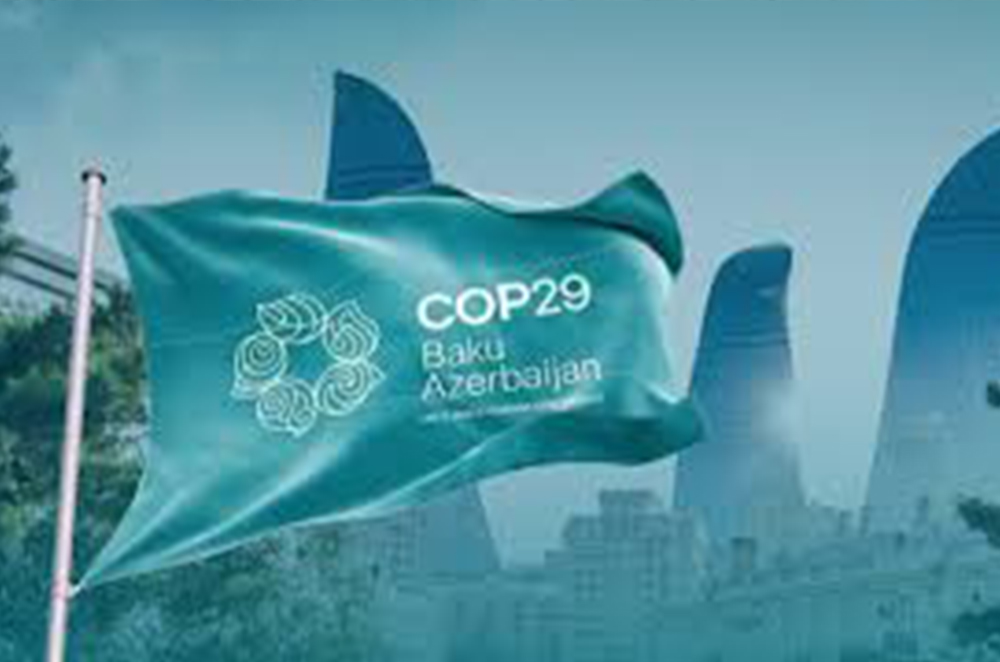Leaders, negotiators, and activists from nearly 200 countries gathered this November in Baku, Azerbaijan, to address the climate crisis. This year, the meeting’s focus was on mobilizing climate finance to help developing nations adapt to a warming planet and transition away from fossil fuels.
Taking place against the backdrop of record-breaking heatwaves and climate disasters that emphasize the urgency for action, COP29 was expected to yield important, transformational results. And although a much needed financial agreement was reached after days of intense negotiations and debates, not everyone was happy with the final document.
Climate Finance Takes Center Stage
The most notable outcome of COP29 was the adoption of a new finance framework to support vulnerable nations. Wealthy countries pledged to triple their contributions, increasing the annual target from the current $100 billion to $300 billion by 2035.
However, many argue that the agreement, while a step forward, falls far short of the $1.3 trillion in annual grants experts say is urgently needed. Developing nations expressed frustration, noting that the pledged funds remain insufficient to address the scale of climate impacts they face. Similarly, experts emphasized that wealthy nations need to do more, faster.
U.N. Secretary-General António Guterres reflected this sentiment, stating, “I had hoped for a more ambitious outcome—on both finance and mitigation—to meet the scale of the great challenge we face, but the agreement reached provides a base on which to build.”
Michael Wilkins, executive director of the Centre for Climate Finance & Investment, added that one achievement of COP29 was that it placed this critical discussion in the public eye: “COP29 mainstreamed the fact that rich countries have a historic obligation to help poorer countries, and that doing so benefits everyone.”
Carbon Markets: A Decade-Long Breakthrough
Although eclipsed by the finance agreement, another important achievement at COP29 was the finalization of carbon market rules under the Paris Agreement. After years of negotiations, countries agreed on mechanisms for carbon trading, enabling nations to buy and sell carbon credits to meet emission targets more efficiently.
Developing nations stand to benefit from increased funding and capacity-building support tied to these markets. Notably, the agreement includes safeguards designed to ensure that carbon market projects contribute to emissions reductions without causing harm. Amongst other aspects, they must take into account environmental integrity and human rights, including the rights and viewpoints of Indigenous Peoples.
A Mixed Verdict and the Path Ahead
COP29 was a mix of progress and unmet expectations. While the finance and carbon market agreements were steps forward, they left many disappointed by their lack of ambition. Still, as Guterres emphasized, the outcomes provide a foundation for future action.
The world must now focus on implementing these frameworks and holding nations accountable to deliver on their promises. In the words of Simon Stiell, Executive Secretary of UN Climate Change: "This new finance goal is an insurance policy for humanity, amid worsening climate impacts hitting every country. But like any insurance policy it only works if premiums are paid in full, and on time. Promises must be kept, to protect billions of lives.”

